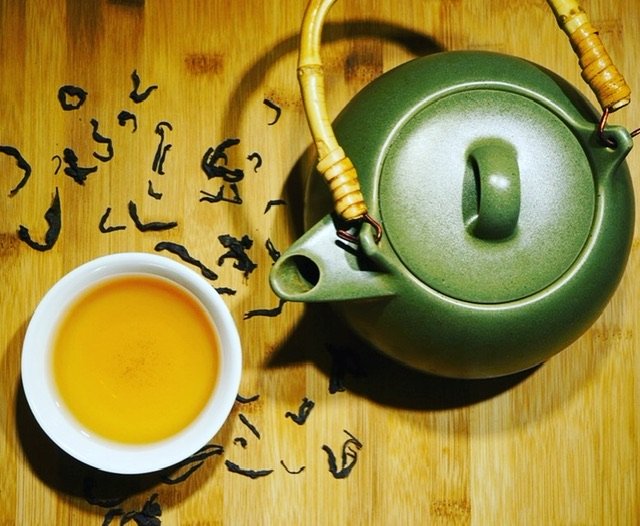Drink Tea to Reduce Inflammation.
The human body deals with inflammation on a daily basis, whether it be due to an injury or allergies. Fortunately, tea is one of many products that can help with inflammatory issues. Tea contains a variety of ingredients that have been studied and have been found to have anti-inflammatory effects.
Green tea is one of the most popular varieties of tea consumed for its health benefits. Green tea is known for its high content of polyphenols, which are plant compounds that contain antioxidants. These antioxidants have been found to reduce inflammation and improve overall health. Numerous studies have observed this anti-inflammatory effect from green tea.
According to Ph.D. Gopu Reddy of the Department of Biochemistry at Madurai Kamaraj University in India, "Epigallocatechin gallate (EGG) and epicatechin gallate are major polyphenols of green tea which have significant anti-inflammatory properties." (Reddy). This implies that two of the most prominent polyphenols in green tea are powerful anti-inflammatory agents.
Other common tea types such as black and oolong tea have their own benefits too. Black tea contains theaflavins and thearubigins, two components found to have a strong anti-inflammatory effect. According to the National Institutes of Health, "Emerging evidence suggests that theaflavins and thearubigins, two major components derived from black tea, have strong anti-inflammatory properties." (NIH). This suggests that black tea could be an excellent source of anti-inflammatory compounds.
Oolong tea is another type of tea known for its anti-inflammatory properties. Studies have shown that by consuming oolong tea, people can reduce the production of inflammatory enzymes. According to Dr. Mashing Ni from Yo San University in California, "The polyphenols of oolong tea are potent inhibitors of the production of the inflammatory enzyme cyclooxygenase-2 (COX-2)." (Ni) This implies that oolong tea can be effective in reducing inflammation in the body by inhibiting the production of inflammatory enzymes.
In conclusion, tea can be effective in reducing inflammation in the body. Green tea contains polyphenols which have been found to possess anti-inflammatory properties. Black tea contains theaflavins and thearubigins, both of which have anti-inflammatory effects. Finally, oolong tea has been observed to reduce the production of the inflammatory enzyme COX-2. By consuming tea, people can reduce inflammation in their bodies and improve their overall health.
Works Cited
NIH. "Black Tea: Benefits, Side Effects & Preparation." National Institutes of Health, https://www.nccih.nih.gov/health/black-tea.
Reddy GK, et al. Antioxidant and anti-inflammatory effects of green tea polyphenols: a review. Journal of Biological Sciences. 7, 571-580. https://pdfs.semanticscholar.org/fZeb/ e96d2b14c9701858020cfa7ae029b9a9a3bd.p
Of.
In conclusion, tea can be effective in reducing inflammation in the body. Green tea contains polyphenols which have been found to possess anti-inflammatory properties. Black tea contains theaflavins and thearubigins, both of which have anti-inflammatory effects. Finally, oolong tea has been observed to reduce the production of the inflammatory enzyme COX-2. By consuming tea, people can reduce inflammation in their bodies and improve their overall health.
Works Cited
NIH. "Black Tea: Benefits, Side Effects & Preparation." National Institutes of Health, https://www.nccih.nih.gov/health/black-tea.
Reddy GK, et al. Antioxidant and anti-inflammatory effects of green tea polyphenols: a review. Journal of Biological Sciences. 7, 571-580. https://pdfs.semanticscholar.org/fZeb/ e96d2b14c9701858020cfa7ae029b9a9a3bd.pdf
Ni, Maoshing et al. "Oolong Tea, Green Tea, Black Tea and Pu-erh Tea: A Review." Chinese Medicine, BioMed Central, https://chinesemedicinetcm.biomedcentral.com/articles/10.1186/1749-8546-6-11

